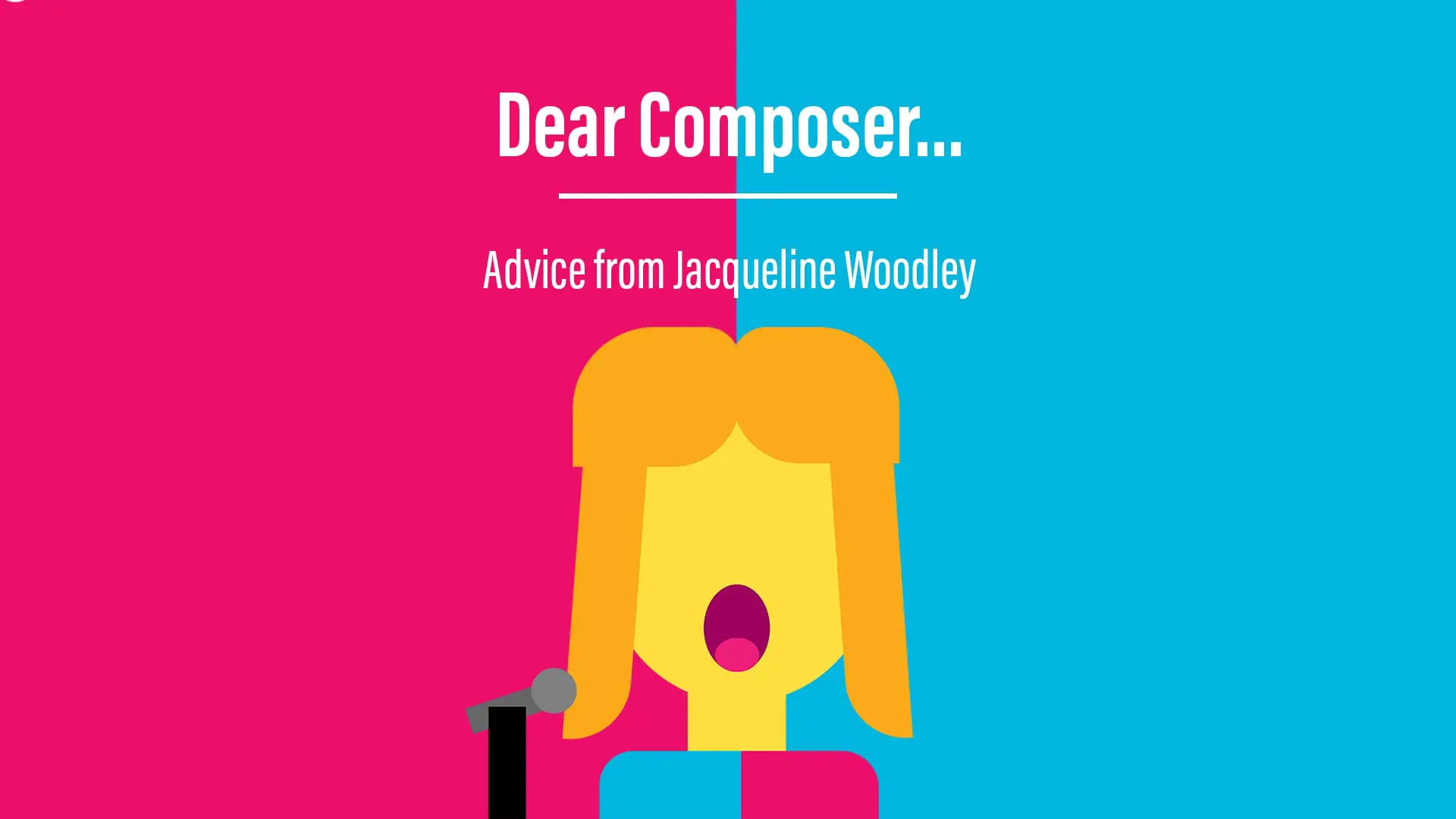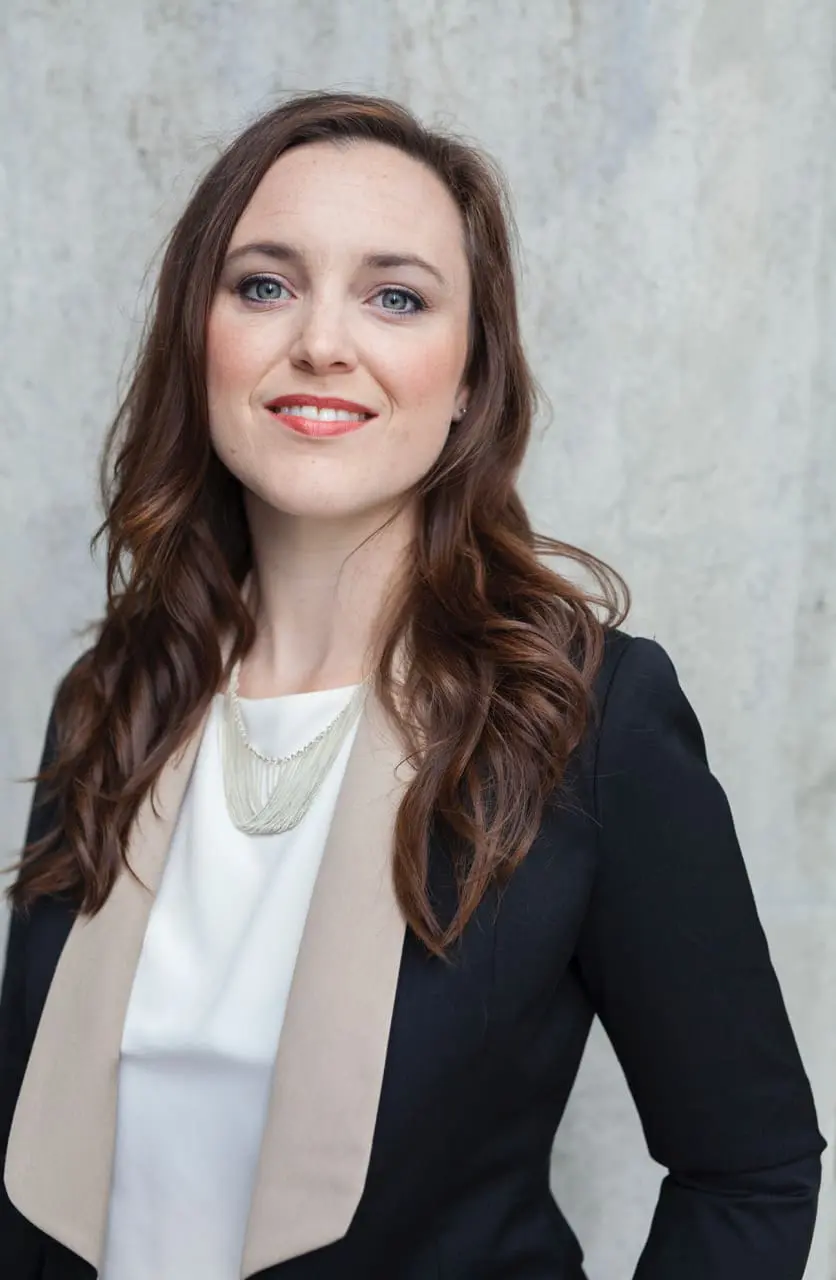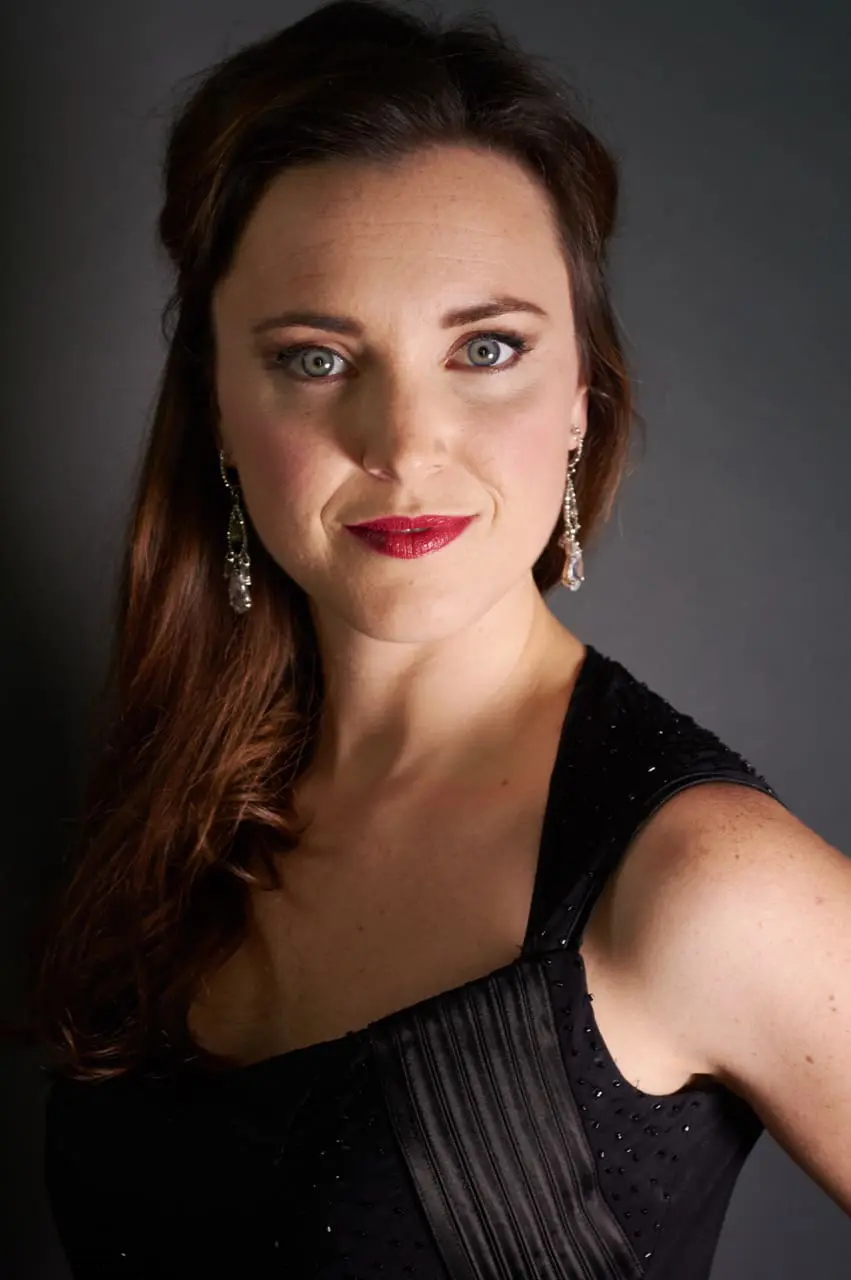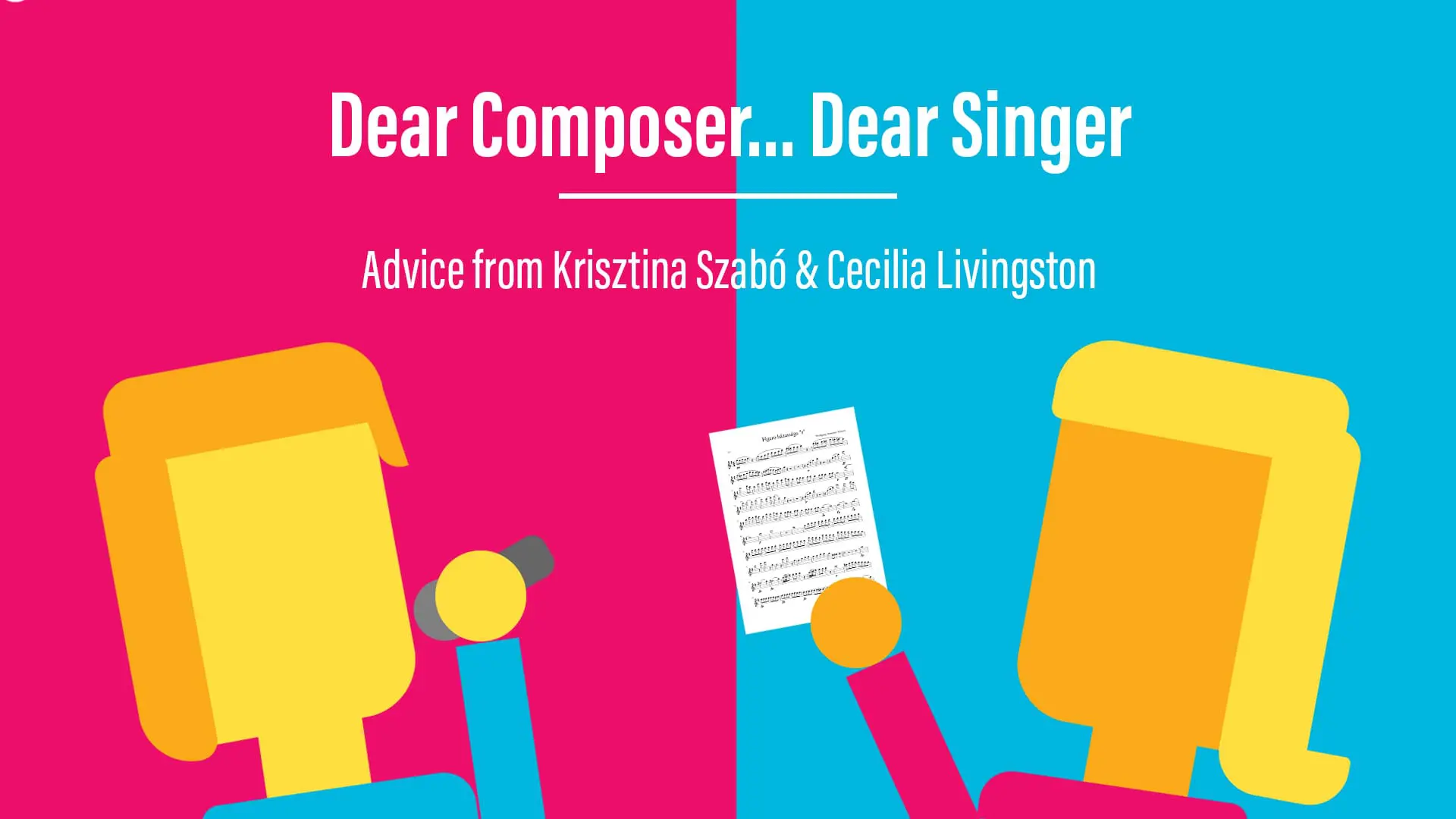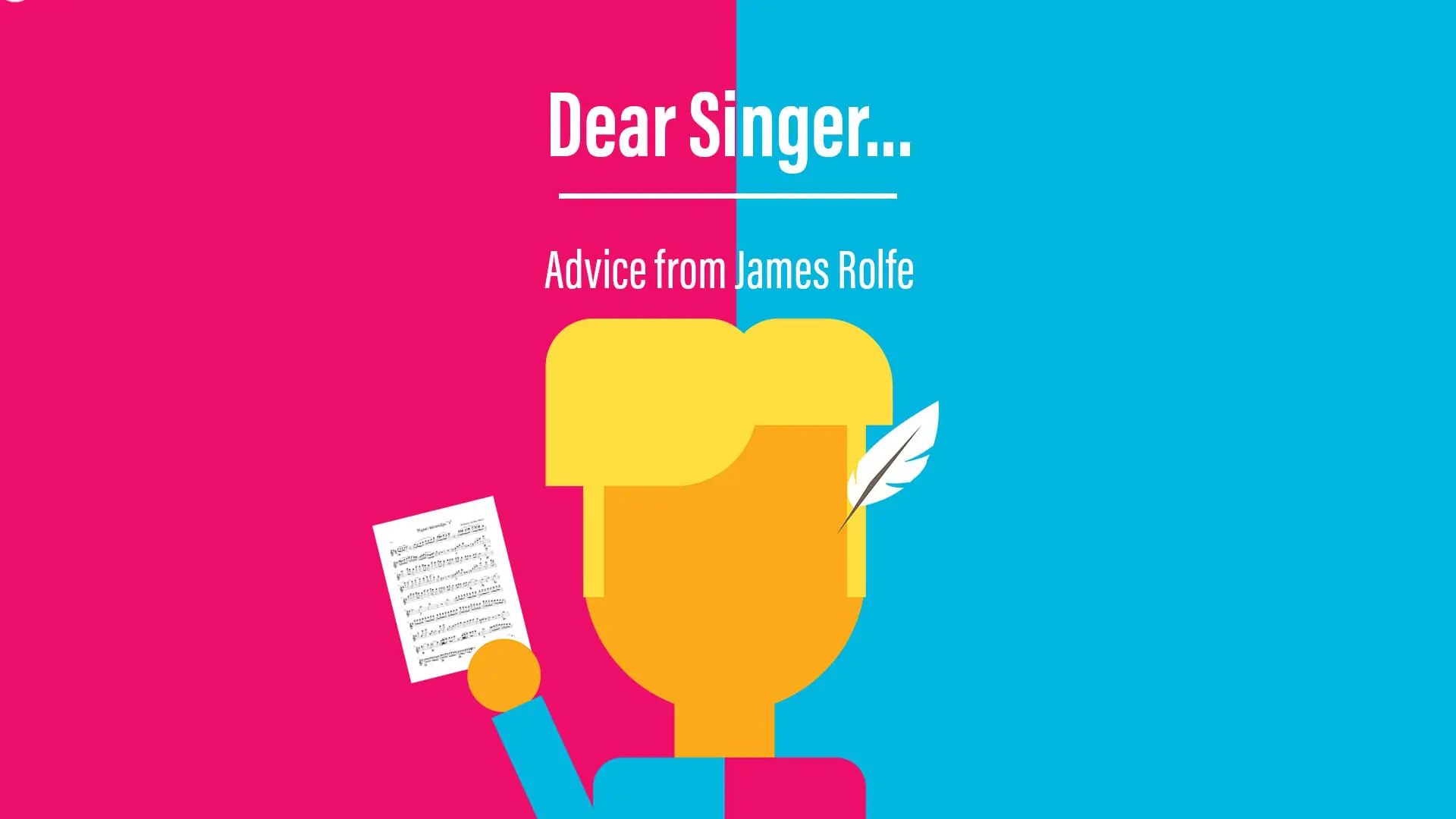Our advice series continues! In this instalment of “Dear composer”, Canadian soprano and friend of new music, Jacqueline Woodley, gets into the nitty-gritty of workshops, storytelling, and that pesky passaggio:
“I very much enjoy the connection between singer and composer (and librettist!). What joy to be able to have conversations, to discuss ideas and interpretations and not be left wondering ‘whatever did they mean here?’
“I have been fortunate enough to be present at different parts of the creative process, and each step offers different insights and challenges. In writing laboratories, music is written on the spot and singers do our best to cram note-reading, acting, and singing technically as well as we can into the mini ‘presentations’. This offers a chance for the teams to hear everything go together so they can keep refining. Being hands-on in the process, it is fun to see what composers create when free to focus on the process rather than the stress of a larger final product. These ideas are often so imaginative: kernels of things that can later be fleshed out, if so desired. To me, this process is a chance for singers to show both librettists and composers what is possible, to discuss ideas and give feedback on how it feels to sing their piece. I love this elbow-grease kind of work: it is so inspiring to discover the inner-workings of the brains of these creators.
“The next step, a workshop, is another great opportunity for discussion. It is also a chance for me to try to match what the composer imagined to my voice. I think this is something many singers ‘worry’ about. Am I doing what the composer wants? In a workshop, because we are with the composer, we can directly ask them! This line of communication is very important. Open discussions between a composer, a singer, and perhaps even a music director, could help save anguish on all sides. I believe that the more open and respectful dialogue can be, the more we get out of working together. Too often, singers think to themselves, “this is just crazy modern music”, without trying to make it sound musical or effective and a line is tossed out before it is given a chance. Conversely, I feel a composer sometimes writes off a singer as incapable (or slow!) without realizing that the writing might not be idiomatic. Honest, kind communication from both sides, as well as hard work, is ideal for the advancement of the music.
“I thought a bit about what draws me to a piece. These are my own views, so I don’t dare give them as ‘suggestions’ to a composer, but rather as reflective musings on my own preferences!
“I am drawn to a good story. Is it human? Is there a point, a purpose or a commentary that is being highlighted? Why is a composer drawn to a piece, and are they able to give the text depth or add aural colours to the storytelling? The subject matter itself is so important and if a composer feels personally connected to it, it tends to translate through their music, making for compelling musical drama on modern issues. This immediacy to a story is what excites me in singing a song or operatic role.
“I think the biggest thing I strive to share in a performance is open communication.”
“Contrary to the stereotype about singers, I love text. I think understanding diction and storytelling is something many assume isn’t possible in opera. I disagree with this presumption. However, it all comes down to the texture of the writing and how the text is written. Knowing different voice-types and their registers will help guide where text will be clearest: middle-voice for me is a great spot for spicy diction. Sadly, it is nearly impossible for me to give emphasis to text if the writing is very high and fast. If a line is to be conversational, middle range is best. I always think ‘middle and quick, high and slow’ makes for clearest diction! (Unless of course, I’m to sound crazy and screamy, in which case, lots of disjunct intervals and any amount of text is fine!)
“I don’t love to hang out in my passaggio (the vocal passage between middle and high register) for a long period of time, even less so on an [ɛ] (like bed) vowel! Very lengthy passages in any register can get tiring, so holding either repeated E5’s or C6’s for 3 pages will be taxing. Knowing the voice-type you are writing for, and where its strengths and weaknesses are, can make for very strong interpretations. Of course, not every singer struggles with the same thing, but most sopranos will not enjoy singing ‘feet’ for 5 bars on an E5, or if you’ve written for a coloratura soprano, their middle voice may not be strong enough to cut over large orchestration.
“I don’t want to feel like a human midi file!”
“Similarly, if you want a powerful note, you don’t necessarily have to write a crazy high one. A high note does not automatically equal vocal power. A mezzo-soprano colleague once amazed me with this idea. She was trying to convince a composer that her ‘power note’ was about a 4th lower than he was writing. She gave examples and won him over by her knowledge of her own voice. At first, I had been thinking to myself, ‘just try it!’, but she knew what he was getting at, and knew how to give him that from her own instrument.
“Finally, I appreciate clear directives. I think the biggest thing I strive to share in a performance is open communication. In a rehearsal context, this dialogue and openness is what I appreciate most from a composer and librettist. What a gift to be able to talk through ideas, to try different possibilities and speak respectfully and openly together! My experiences with composers have been wonderful so far, and this is a quality I have most loved from them.
“This means that when it comes to notation, I would love to have the clearest messaging possible, speak to us through the notation! Spending detailed time with your physical score to share your ideas as vividly as possible is gold. Are tempo and dynamic changes clearly marked if you have something particular in mind? (For example, does that accelerando start on beat 2 or 3 or is it artists’ choice? Do you really mean pp? Whispered? Whispered loudly? Does an eighth note equal an eighth note when changing meters? What kind of sprechstimme are you looking for? Do the pitches matter?) These details are so appreciated and allow us to interpret from an inspired score.
“Most of all, though, thank you, dear composers!”
“I find tempi markings are the biggest source of stress for myself. Frequently, I see metronome markings which feel much too fast or much too slow. Can a voice truly sing the notes, text and rhythms written at that tempo? Can a phrase written in that tessitura, on those vowels, be sustained at that tempo by most voices? I don’t want to feel like a human midi file! Tempo is often a source of conflict no matter the repertoire, but if the metronome marking is truly singable and captures the desired effect, it saves much blood, sweat and tears. Perhaps giving a descriptive marking also will help to ensure interpreters (who won’t be able to call you in 100 years!) capture the true character desired!
“Most of all, though, thank you, dear composers! Singing your creations – living, breathing, fresh works of art – is always a joy and privilege!”
Readers, which composers and singers do you hope to see included in our “Dear composer…Dear singer” advice series? Let us know in the comments, or get in touch at outreach@operacanada.ca.

